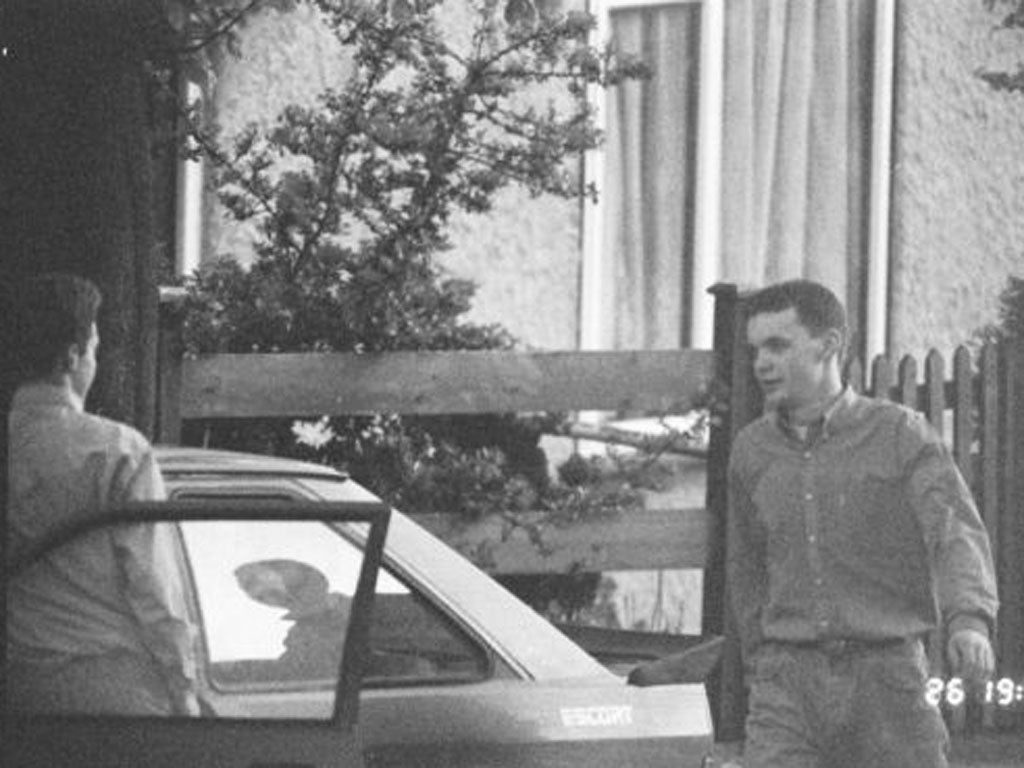Photograph proves suspect lied after Lawrence killing, say police

A photograph showing the two men suspected of murdering Stephen Lawrence meeting just days after the murder proves that suspect Gary Dobson lied, prosecutors in the trial claimed yesterday.
When questioned by police in the days after the murder, a "nervous" Mr Dobson had claimed that he did not know fellow suspect David Norris and had never met him before.
But a photograph showing the two together four days after the murder at the home of Mr Dobson's friends Neil and Jamie Acourt was shown to members of the jury yesterday. Police had the house under surveillance while the hunt for Stephen's killers was under way.
Mr Dobson, 36, and Mr Norris, 35, both of south London, deny his murder.
The court heard that Mr Dobson appeared "nervous" when he was questioned during house-to-house inquiries three days after Mr Lawrence's murder. Graham Cooke, then a detective constable, told the court: "In my opinion he was nervous at the time." The retired officer told the court that he asked whether Mr Dobson had been at the murder scene in Well Hall Road that night.
"Dobson said no, he was at home all night studying. He arrived home from college at 5.30pm, that his mother and father were indoors at the time," Mr Cooke said. "He said that he did not know the victim, he had heard about the incident from the papers." Mr Dobson was 17 at the time he was questioned and was a student at a college in Covent Garden, central London.
Jurors at the Old Bailey were also shown pictures of the bloodstained clothing worn by Mr Lawrence on the night he was stabbed to death.
The black jacket, blue cardigan, red polo T-shirt and green cord trousers were tattered and stained when photographed by officers after he died.
The court heard from Robert Crane, a detective constable who was an exhibits officer at Eltham police station in 1993.
He told the jury that at the time he "had a degree of forensic awareness" and understood the potential for cross-contamination. But the jury was told that he was not aware of any special procedures to prevent fibres or fragments being passed on to an exhibit by a police officer when they opened and resealed packages.
